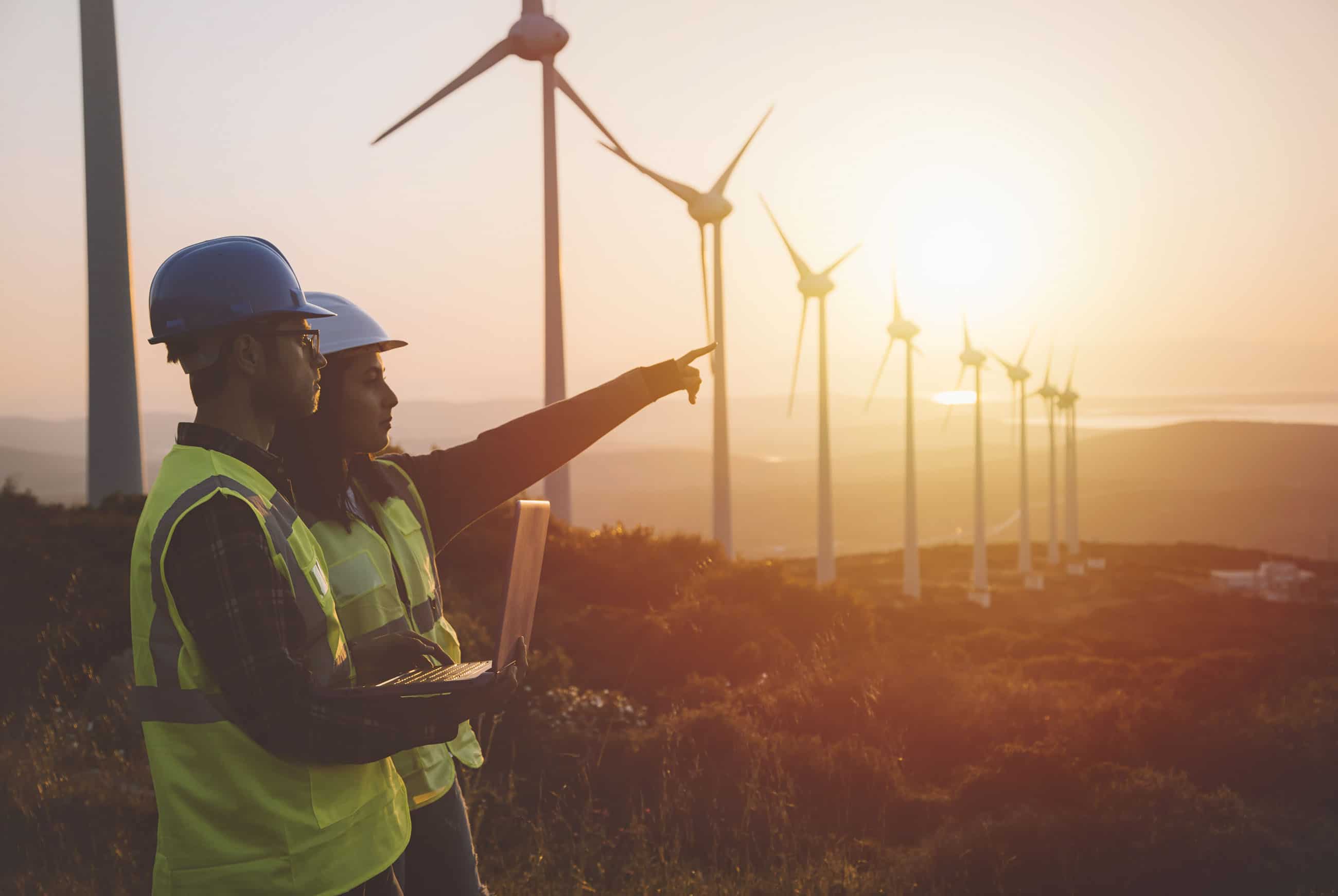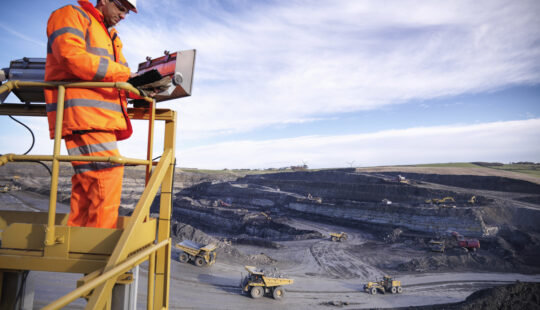Modelling undertaken by KPMG Australia suggests that, in the absence of the Federal Government’s stimulus package, the COVID-19 pandemic would reduce Australia’s GDP by about 0.9 percent – over $17 billion – by the end of 2020.
Businesses across regions and industries are feeling the impact of COVID-19 and, trying to adapt the way their staff operate and communicate. This rapid shift towards remote working and social distancing is creating ongoing implications for businesses everywhere and the utilities sector is also facing the challenges of how to anticipate what will happen or how to prepare for it.
Impact on Australia’s Utilities Sector
Utilities providers in Australia have been generally responsive and transparent during this crisis. The Water Services Association of Australia (WSAA) quickly stated, “There is no evidence that drinking water will be affected by the COVID-19 virus or that it is transmitted by drinking water. Water is an essential service and water utilities are well prepared to manage their response to COVID-19.”
Queensland Natural Resources, Mines, and Energy Minister, Dr Anthony Lynham released a statement saying, “Just as state-owned power and water assets are ready for Queensland’s severe weather events, they are ready for the inevitable impact of coronavirus. I can assure Queenslanders that, should the virus spread, and if staff are taken offline, well-rehearsed contingency procedures will ensure ongoing essential services.”
Around the country, power and water providers have been rapid in responding to COVID-19, assuring customers that service will continue and staff that they’ll remain safe, implementing measures such as working from home and social distancing practices.
As news develops quickly and governments continue tightening restrictions on people’s movement and gathering, the full impact on Australia’s utilities industry is difficult to gauge. With the availability of workforce under risk, another critical impact is on supply chains with potential bottlenecking at primary shipping ports.
PwC released a report exploring the impact of COVID-19 on Australia’s solar sector, discovering that the virus will impact the manufacturing and supply of key equipment and materials used in the construction of solar energy facilities in Australia.
Downstream, these facilities can also expect delays or disruption in procurement of the necessary equipment and materials, with anticipated delays to construction timelines, milestones and completion dates. We’re also already seeing short-term price spikes as a result of availability and access to supply chains.
Digital Safeguards to Change
With increasing utilities providers undergoing digital transformation, this streamlining of supply chain processes and inventory management has also reduced the ability for some companies to cope with global shock events like COVID-19.
However, intelligent technologies and digital business platforms have equipped many companies with the right demand management systems to leverage different strategies for supply, transmission, and storage. The complexity of data analysis can help businesses highlight vulnerabilities in real-time and present other options or outcomes throughout a business’ lifecycle.
Digital transformation was and remains a critical safeguard to limiting people’s immediate contact as it enables staff to operate remotely and unlock avenues for automation – regardless of industry sector. At times of heightened caution for people’s safety, automation remains paramount to protecting people and businesses.
A comprehensive report from McKinsey outlined some valuable next steps for businesses that applies to any industry. The key takeaways from this report were to remain open and responsive with staff and customers; monitor key indicators across your supply chain; don’t neglect medium-term planning for short term responses; and centralise communication systems to ensure transparency and preparedness.
At this time of global confusion and ever-changing news developments, it’s valuable having some reliable information resources that can offer guidance during this crisis. SAP recently hosted a series of virtual forums called 2020 Adapting Strategies in a Changed World, with a second series going live on August 6th– Adaptive Strategies in a Changed World – Accelerated.
The utilities session further explored the impact of COVID-19 on our industry’s workforces with an interactive customer panel from AGL and Mercury. We looked at the current situation and how it continues shifting the way we work in the field and office.
The second episode was an industry leadership panel with EY and Accenture, gathering some key insights about how utilities is being impacted and adapting to this global pandemic. Watch the on-demand replay from the 2020 Adaptive Strategies in a Changed World Edition 1, and register for the second edition live on August 6th here.




